Hardy kiwi, also known as kiwiberry or baby kiwi, is a small but powerful fruit that is steadily capturing attention in the agricultural and consumer markets. This article explores the business potential of hardy kiwi and why entrepreneurs and investors should consider diving into this lucrative industry. 1. Growing Demand and Health Benefits: Hardy kiwi, apart from being a delicious and refreshing fruit, harbors a wide array of health benefits. Packed with vitamins and minerals, this fruit is an excellent source of antioxidants, fiber, and vitamin C. Its nutritional profile, combined with its sweet taste, has led to a growing demand for hardy kiwis, particularly among health-conscious consumers. 2. Climate Adaptability and Resilience: Unlike its larger counterpart, the common kiwi, hardy kiwi is able to thrive in a wide range of climates, including colder regions with harsh winters.
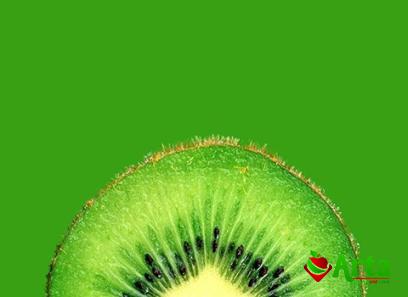
.
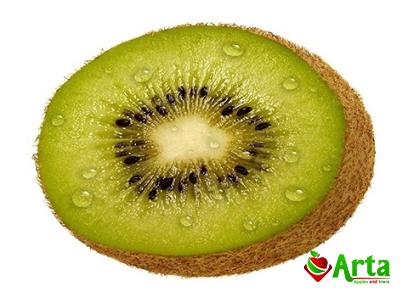 This adaptability makes hardy kiwi an attractive option for cultivation, especially for farmers looking to diversify and seek out new opportunities. 3. Profitability and Market Potential: The hardy kiwi market has been experiencing steady growth in recent years, with an increasing number of consumers recognizing its unique taste and health benefits. As the demand for organic and sustainably grown produce continues to rise, the market potential for hardy kiwi is poised for further expansion. Moreover, the versatility of hardy kiwi lends itself to various avenues for profit generation. Beyond fresh fruit sales, hardy kiwi can be processed into jams, jellies, juices, and even wines, enhancing its profitability for entrepreneurs looking to tap into diverse product lines.
This adaptability makes hardy kiwi an attractive option for cultivation, especially for farmers looking to diversify and seek out new opportunities. 3. Profitability and Market Potential: The hardy kiwi market has been experiencing steady growth in recent years, with an increasing number of consumers recognizing its unique taste and health benefits. As the demand for organic and sustainably grown produce continues to rise, the market potential for hardy kiwi is poised for further expansion. Moreover, the versatility of hardy kiwi lends itself to various avenues for profit generation. Beyond fresh fruit sales, hardy kiwi can be processed into jams, jellies, juices, and even wines, enhancing its profitability for entrepreneurs looking to tap into diverse product lines.
..
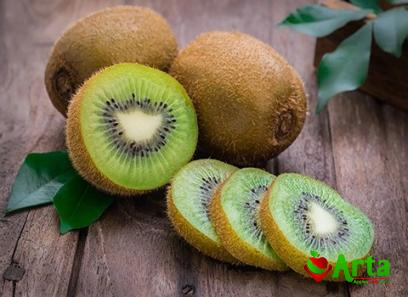 4. Low Production Costs and High Yields: Hardy kiwi plants are known for their impressive yield capacities. With proper care and maintenance, a single vine can produce up to 100 pounds of fruit, making it a highly productive investment. Additionally, hardy kiwi plants require lower maintenance compared to other fruit crops, resulting in lower production costs and higher profit margins. 5. Market Accessibility and Export Potential: Given its smaller size and longer shelf life compared to common kiwis, hardy kiwi has a higher potential for export. This opens up opportunities for international trade and presents a chance for business owners to tap into foreign markets.
4. Low Production Costs and High Yields: Hardy kiwi plants are known for their impressive yield capacities. With proper care and maintenance, a single vine can produce up to 100 pounds of fruit, making it a highly productive investment. Additionally, hardy kiwi plants require lower maintenance compared to other fruit crops, resulting in lower production costs and higher profit margins. 5. Market Accessibility and Export Potential: Given its smaller size and longer shelf life compared to common kiwis, hardy kiwi has a higher potential for export. This opens up opportunities for international trade and presents a chance for business owners to tap into foreign markets.
…
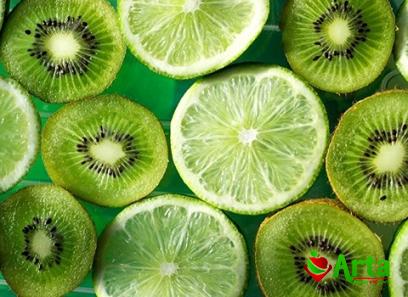 By partnering with local farmers and organizations, entrepreneurs can harness the export potential of hardy kiwi. 6. Potential for Innovation and Research: The hardy kiwi industry offers abundant prospects for innovation and research. From developing new cultivars to enhancing post-harvest practices, there is ample scope for entrepreneurs and scientists to contribute to the growth and development of this industry. Conclusion: Hardy kiwi presents a promising business opportunity due to its growing demand, health benefits, adaptability, and profitability. As consumer preferences shift towards organic and nutritious produce, this versatile fruit holds the potential to become a staple in the global market. Entrepreneurs who seize the opportunity to invest in the hardy kiwi industry can reap the rewards of high yields, low production costs, and lucrative market demand, leading to a successful and sustainable business venture.
By partnering with local farmers and organizations, entrepreneurs can harness the export potential of hardy kiwi. 6. Potential for Innovation and Research: The hardy kiwi industry offers abundant prospects for innovation and research. From developing new cultivars to enhancing post-harvest practices, there is ample scope for entrepreneurs and scientists to contribute to the growth and development of this industry. Conclusion: Hardy kiwi presents a promising business opportunity due to its growing demand, health benefits, adaptability, and profitability. As consumer preferences shift towards organic and nutritious produce, this versatile fruit holds the potential to become a staple in the global market. Entrepreneurs who seize the opportunity to invest in the hardy kiwi industry can reap the rewards of high yields, low production costs, and lucrative market demand, leading to a successful and sustainable business venture.

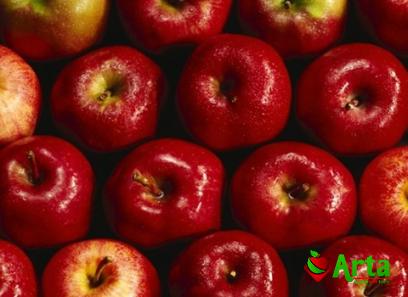
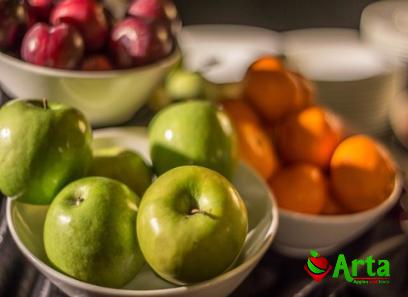
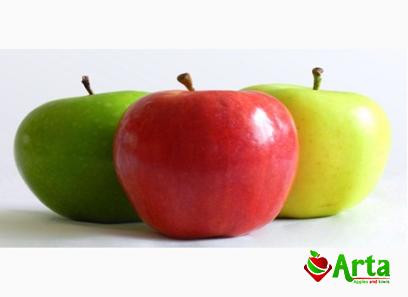
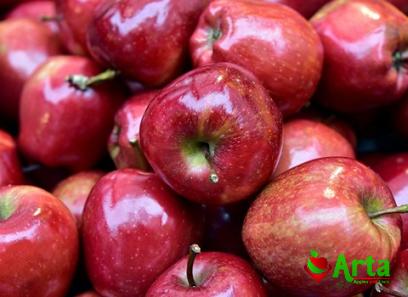
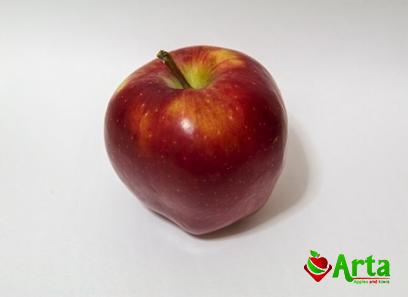
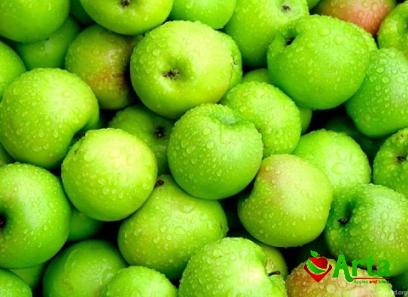
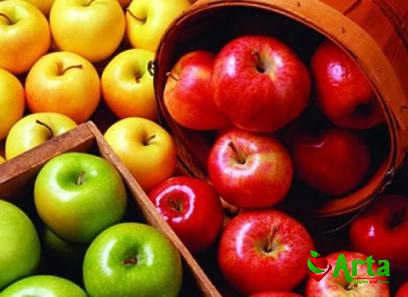
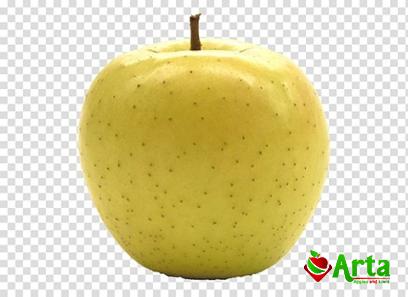
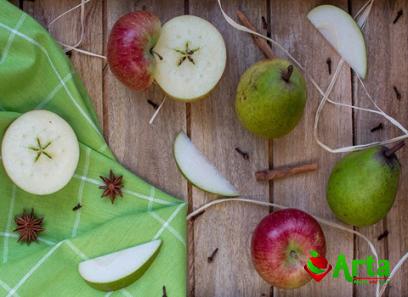
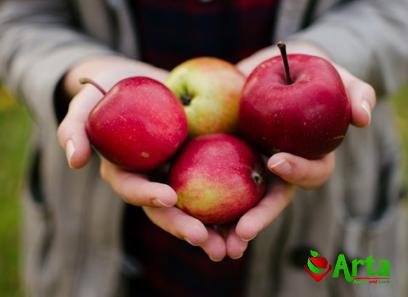
Your comment submitted.